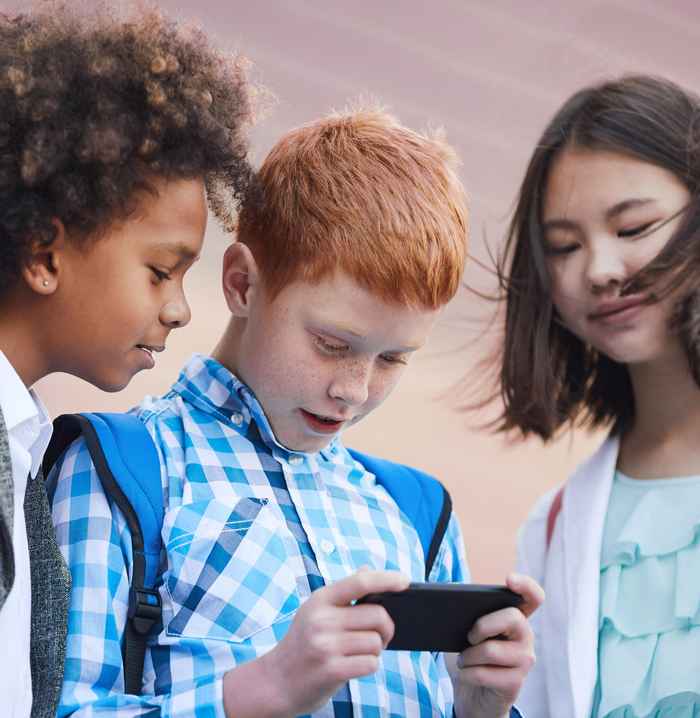Why a social media ban for under-15s is a bad idea
'Only 42% of parents favour a total ban on social media for children.'
10 February 2025

Associate professor of Psychology and social media expert Wouter van den Bos bases his belief on interim results of a panel study among parents of children aged between 10 and 15. ‘“Social media” is a very broad term. There are some elements that are negative for young people, but they also have many things to offer. A ban would put a stop to things that we actually think are fine.’
Social media also have a positive impact
The panel study shows that parents feel the same way. Most parents report that social media have both negative and positive impacts on their children. ‘If for some reason you can’t find like-minded people within your own social circle, you can do so on social media. The opportunities there are greater, allowing you to find that sense of connection. You can also find inspiration for creative things and relaxation,’ Van den Bos points out.
One in five parents on the panel rated the impact of social media to be predominantly or very negative. According to them, influential tech companies, schools and parents themselves should all do more to prevent this. Only a small majority of this group think the government should act more. A total of 42% of parents favour a total ban on social media for children.
Lack of knowledge about tools
Parents lack knowledge about tools against the risks of social media use, Van den Bos concludes based on his research. ‘Only a very small percentage of parents use content filters and parental controls. They also don’t know where to turn in case of problems, for example if they come across inappropriate content on their children’s apps. Configuring screen time is the only tool that parents frequently use. In terms of media literacy among parents, there’s a lot of room for improvement,’ Van den Bos argues.
Growing awareness
On average, the children of the parents on the panel received their first smartphone at age 10. When parents were asked what, in hindsight, would have been a better age, it transpired that they now see 12 as the ideal age for a smartphone. The same applies to the use of social media apps. This age is considerably lower than the minimum age of 15 suggested by politicians. ‘You can see from these statistics that there’s growing awareness among parents,’ Van den Bos explains. ‘They now view their child’s social media use differently. If we help parents make rules that give them more control over this, we’ll all be on the right track.’
Influencers and Infinite Scroll
Van den Bos wants to work with colleagues to establish clear guidelines for social media. He agrees that there are elements of social media applications that should be banned. ‘Think of the number of influencers on TikTok advertising products, or the Infinite Scroll feature.’ ‘Infinite Scroll’ means that when you reach the bottom of a page, new results automatically load without having to click on anything.
‘We already have laws dictating that you can’t advertise to young people, but it happens anyway. If we start enforcing these more strictly in the Netherlands, TikTok may end up having to change so much that there’s no choice but to ban the app until that happens.’